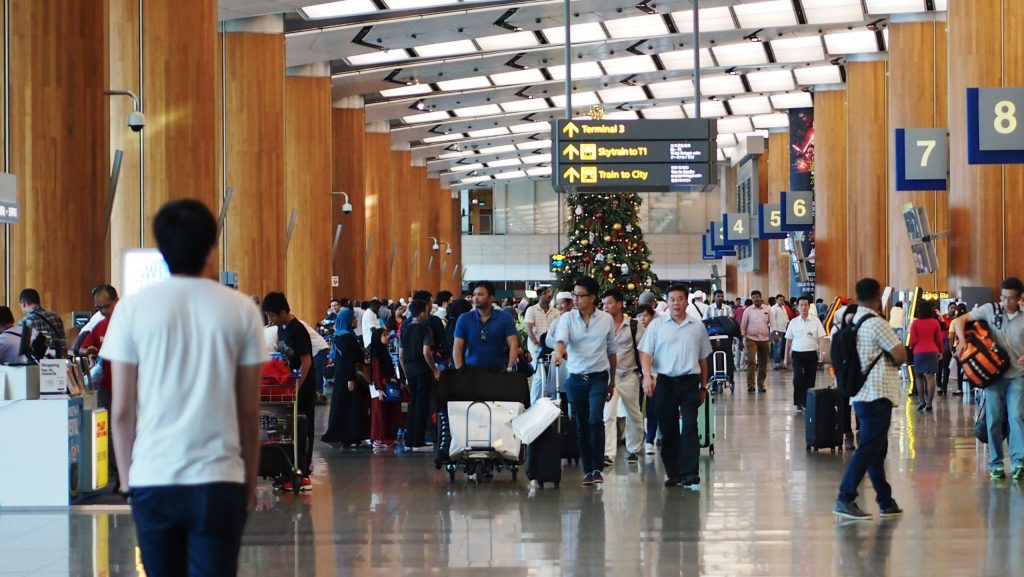Summit Atmospheres: Aviation Diplomacy and Virtual Infrastructures of Politics
December 7, 2021

The COVID-19 pandemic has had an enormous impact on Singapore’s aviation industry. Singaporeans lament their missed vacations and opportunities for travel. Transporting cargo via air freight, which was once considered routine, now poses its own set of logistical challenges because of strict public health restrictions. We are increasingly aware of Singapore’s reliance on its aviation industry and airports.
International Civil Aviation Day is celebrated annually on 7th December. The commemoration aims to raise public awareness of the importance of international civil aviation to a country’s socio-economic development and celebrate the contributions of the International Civil Aviation Organization (ICAO) towards building an efficient global aviation transport network.
In Summit Atmospheres: Aviation Diplomacy and Virtual Atmospheres (Transactions of the Institute of British Geographers, 2021), Assistant Professor Lin Weiqiang (NUS Geography) ethnographically immerses himself in two ICAO summits, using detailed participant observations, verbal exchanges between the summit’s participants, and informal insights with staff members. Dr. Lin argues that affective atmospheres — the emotional responses generated in people when experiencing a particular space — play a significant role in shaping political decisions. Equipped with an ethnographic analysis, Dr. Lin investigates how the atmospheres at ICAO summits influence the discussions and conversations of world leaders, ultimately shaping diplomatic and political decisions.
Dr. Lin points out that states rely on lobbying to secure votes and win elections to maintain their status as members of ICAO’s council. He notes that as a result, ICAO assemblies are sites for political jockeying as much as they are for discussing regulatory policies. States host extravagant social functions that seek to create jovial atmospheres, display their resources and capabilities, and leave a positive impression on the participants. Such is the political strategy of states contending for a position on the council. Illustrating this strategy with examples from Singapore’s reception in 2013, Dr. Lin argues that these atmospheres are unseen forces that influence political decision-making.
Besides accumulating political capital, Dr. Lin asserts that affective atmospheres can also serve another purpose. He argues that diplomats have the power to create affective atmospheres that tip political decisions in their favor. From his experience at the A40 ICAO Summit, he cites how the Chinese diplomats prevented the summit from closing, creating a procedural crisis. This created an atmosphere of urgency that compelled diplomats from other states to concede to some of the Chinese delegation’s demands. As a result, the Carbon Offsetting and Reduction Scheme for International Aviation — which looked certain to pass at the beginning of the summit — did not come to force.
Dr. Lin argues that an understanding of affective atmospheres raises our awareness of the political decision-making process. These decisions are rarely made in a vacuum. Instead, he notes that these decisions are made against a backdrop that generates certain dispositions, suggesting that atmospheres have a significant effect on political decisions. On the other hand, he also demonstrates that politicians could also exploit affective atmospheres for political gain. A better understanding will help us navigate political decision-making processes that affect us all.
